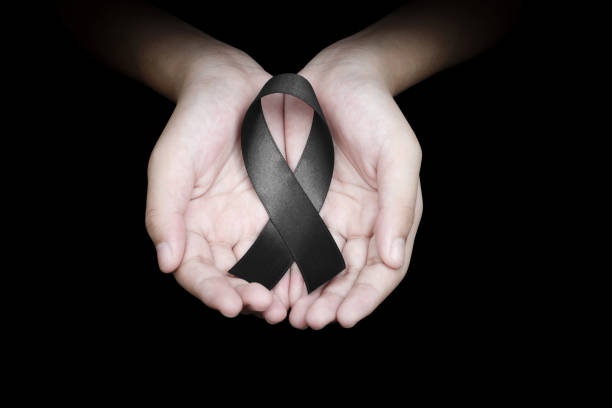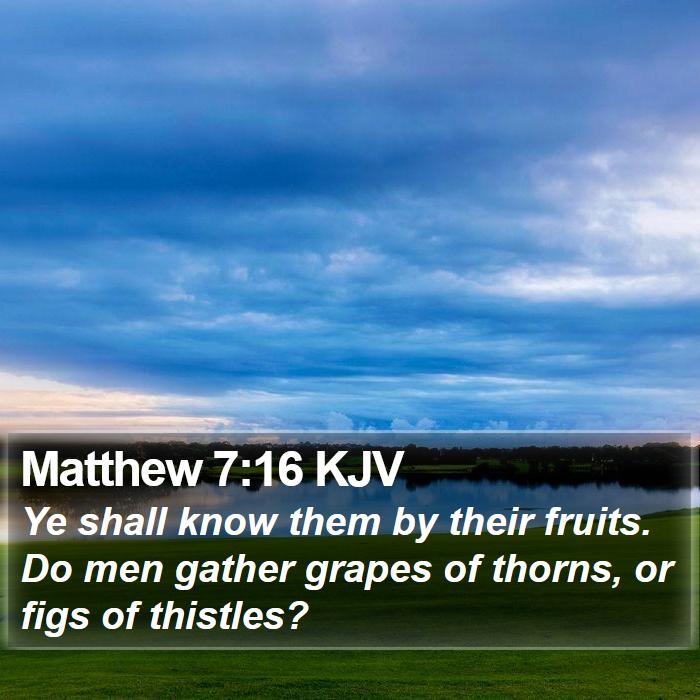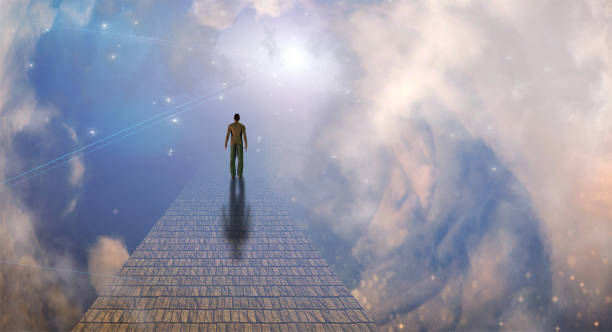
The director of the One Body One Spirit Movement, Suicide Prevention Program, has an article in the Catholic Times on the suffering of families bereaved by death from suicide.
Over the years he has met many such families. In most cases, family members have no signs of the coming separation. The loss, the way it was done, is an unbearable shock.
The wife's drowning while going out for air in the middle of the night; the unexpected suffocation of the husband who seemed comfortable to some extent after solving important matters; the son who went to the library every day even though his job was delayed, took poison; the father who said not to worry even if his business was difficult, died by hanging; the death of a daughter who was recovering from depression while receiving hospital treatment, died from a fall; a younger brother who had a promising future as a doctor (hanging); and the suffocation of a boyfriend who was going on a business trip abroad. All seemed to be full of life before their death which made it very difficult for the families to accept their way of dying.
It's a kind of murder and they feel someone is to blame for it. Although they are immersed in how to reveal the truth of death for some time, the result is they are often left with another scar. This is because, in the process of uncovering the truth, there will be a battle of responsibility within the family, and guilt and resentment may remain.
Moreover, in the process of uncovering the truth, the deceased's weaknesses, limitations, and something shameful may be revealed, which makes the issue no longer possible to enter. In this case, the bereaved are left with silence or crying, unable to take any action. This is why at times death cannot be properly discussed even within the same family.
So, the bereaved family lives by faking their feelings to others and later loses their true feelings.
"Why in the world did this have to happen?" (endless questions about an incomprehensible situation), "I can’t live as a normal person sharing normal emotions like before," "I and everything around me has collapsed," "revenge against someone" etc. It dominates you and it is difficult to get rid of those thoughts no matter how hard you try. These thoughts coil themselves inside themselves and make the lives of the bereaved even more painful.
As the pain accumulates and worsens, the bereaved family also longs for a situation where the pain can be nullified, a state in which they fundamentally do not feel pain. At times more likely to lead to extreme behavior on the part of the bereaved.
In Korea, the number of suicide deaths exceeded 10,000 for the first time in 2003 and has been recording more than 10,000 (average of 14,026) suicide deaths every year for 18 years until 2021. When counting the number of suicide deaths and related suicide survivors, it is estimated to be at least 1.26 million people and could reach a maximum of 2.52 million people. In this way, Korea can be said to be a huge house of mourning for those who have experienced loss without parting.
Because they were unable to say goodbye or lament properly, the daily life of the bereaved family is filled with wailing where the sound is swallowed. If you look at the relationships we have, we are already the family members of someone's suicide without exception. Korea is now a society of survivors of suicide.





